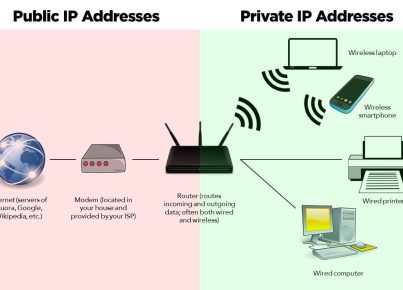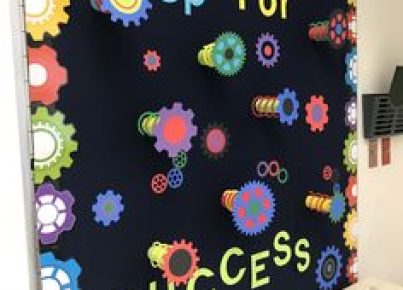Questioning is an essential tool in the pedagogical toolkit of educators. Beyond the impartation of knowledge, it is the thoughtful questioning that can ignite curiosity, unearth understanding, and promote critical thinking in learners. The strategic use of questions in the classroom has transformative power – impacting not just academic learning but also shaping students into lifelong learners and critical thinkers.
At its most fundamental level, questioning serves to stimulate students’ minds. When teachers ask questions, they are effectively prompting students to form connections between presented material and prior knowledge. Questions can act as a bridge linking unfamiliar concepts to familiar ones, making learning more accessible and more meaningful.
Moreover, the depth and breadth of questions span a spectrum – from simple recall of facts with ‘what’, ‘who’, ‘when’, ‘where’ queries to the more sophisticated ‘why’ and ‘how’ that demand explanation and reasoning. Higher-order questions especially have been noted to facilitate deeper understanding and retention of material because they require students to analyze, evaluate, and create based on their knowledge base.
Creating a culture of inquiry is crucial for cultivating critical thinking skills. When teachers consistently incorporate questions that challenge assumptions and encourage different perspectives, students learn not to take information at face value but rather become skilled at deconstructing arguments and forming their own well-founded conclusions.
Questioning also furthers students’ communication skills. In order to answer effectively, students must organize their thoughts, choose their words with care, and articulate their responses clearly. This process of forming digestible responses not only aids understanding but also equip students with the skills needed for nuanced discourse.
Furthermore, effective questioning often leads students to ask their own questions – a hallmark of engagement and intellectual curiosity. When a classroom environment supports student-generated questioning, it emboldens learners to take charge of their own education journey, seeking answers and pathways that interest them deeply.
Assessment is another area where questioning plays a pivotal role. Beyond providing educators with insight into student comprehension, well-crafted questions in assessments demand application of knowledge rather than mere recall—thus better measuring true understanding.
Incorporating questioning strategies requires skillful planning on part of educators. Varying question types according to content goals, employing wait time for student responses thoughtfully, and fostering an environment that respects diverse contributions are all elements that must be balanced adeptly for questioning to reach its full potential.
However, despite its clear benefits, questioning must be applied sensibly. An overemphasis on questioning can overwhelm students or create an atmosphere of excessive scrutiny. Teachers must ensure their approach is supportive rather than confrontational – nurturing a safe space for all learners to express their thoughts freely.
In conclusion, skillful questioning has the power to transform classrooms—energizing lessons with active participation and sparking intellectual fervor among students. As both a teaching strategy and an assessment tool, it helps educators steer students not just toward academic success but fosters an environment conducive to sustained personal growth and discovery beyond school walls.





